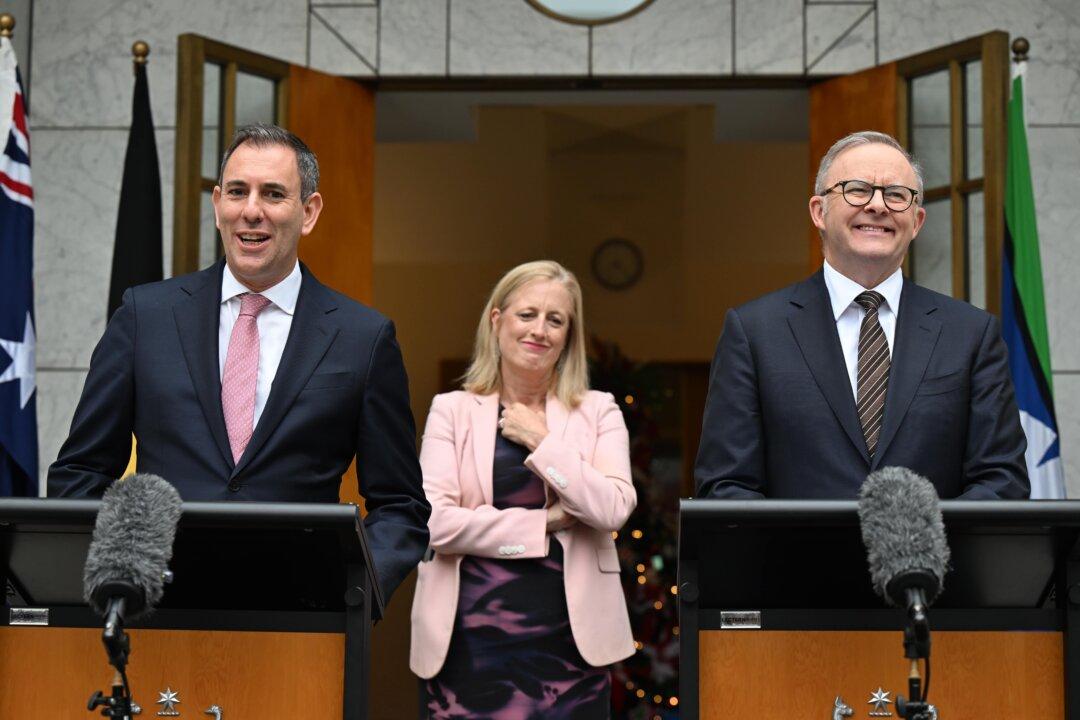In a 14-hour whirlwind session, Australia’s Parliament worked late into the evening on Nov. 28 to pass a mammoth 30 new laws, many of which have sat dormant for nearly a year amid ongoing debate.
Most of the backlog was cleared via collaboration between the centre-left Labor government and the Greens (who hold balance of power in the Senate), with the opposition Coalition refusing to support several proposals on policy and ideological grounds.






